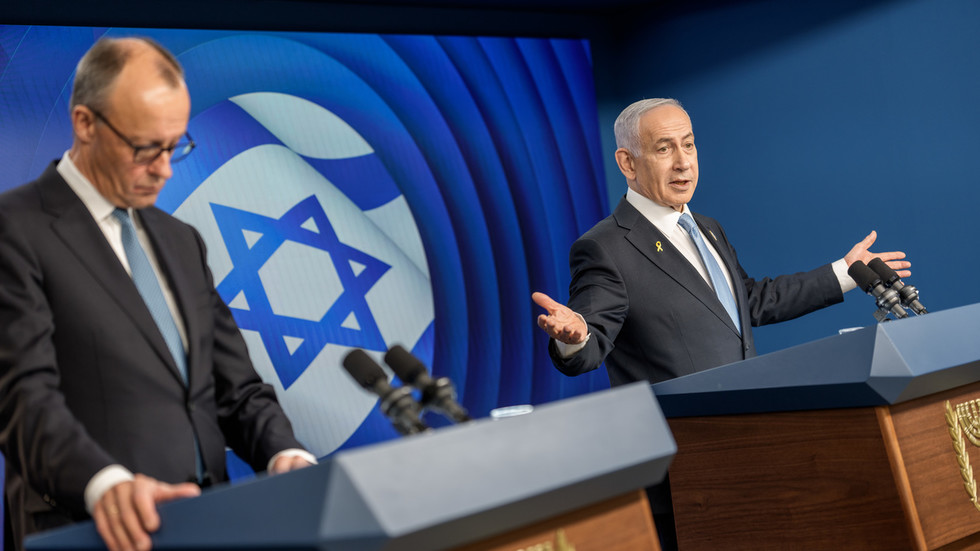The Senate of Umaru Musa Yar’adua University (UMYU) in Katsina, Nigeria, has expelled 57 students and imposed sanctions on others following confirmed cases of examination misconduct, according to an official statement released over the weekend. The decision underscores the institution’s stringent stance on academic integrity amid rising concerns about cheating in higher education globally.
Citing recommendations from the university’s Central Examination Misconduct Committee (UCEMC), the Senate finalized the punitive measures during its 125th regular meeting. The committee had previously investigated violations across multiple academic departments, concluding that the students—targeted for expulsion—engaged in various forms of malpractice during exams. An additional five undergraduates received two-semester suspensions, barring them from the 2024/2025 academic session, while their implicated exam results were nullified. Two others face permanent written warnings on their official records.
Fatima Sanda, UMYU’s Head of Information and Protocol, emphasized the administration’s zero-tolerance approach in the statement, noting the sanctions aim to deter future misconduct. “The university remains unwavering in safeguarding the credibility of its academic processes,” she said. “Any action compromising examination integrity will face strict consequences.” Students were further advised to strictly adhere to ethical guidelines, with the warning that repeat offenses would trigger similarly severe penalties.
The move aligns with broader efforts by Nigerian institutions to combat academic dishonesty, a challenge exacerbated by pressures to meet educational benchmarks. UMYU, a state-owned university established in 2006, has positioned itself as a regional leader in enforcing rigorous academic standards, with periodic disciplinary reviews conducted by the UCEMC.
Experts suggest such measures, while harsh, are critical to maintaining institutional reputations and ensuring graduates meet competency expectations. However, critics argue for parallel investments in preventive strategies, including bolstered exam supervision and student counseling, to address root causes like inadequate preparation or systemic stress.
The expelled students’ appeals process, if any, remains unclear. University policies typically allow for formal grievances, but the statement did not elaborate on remediation pathways. For now, the sanctions stand as a stark reminder of the institution’s priorities, reinforcing the global academic community’s ongoing struggle to balance fairness with accountability.



